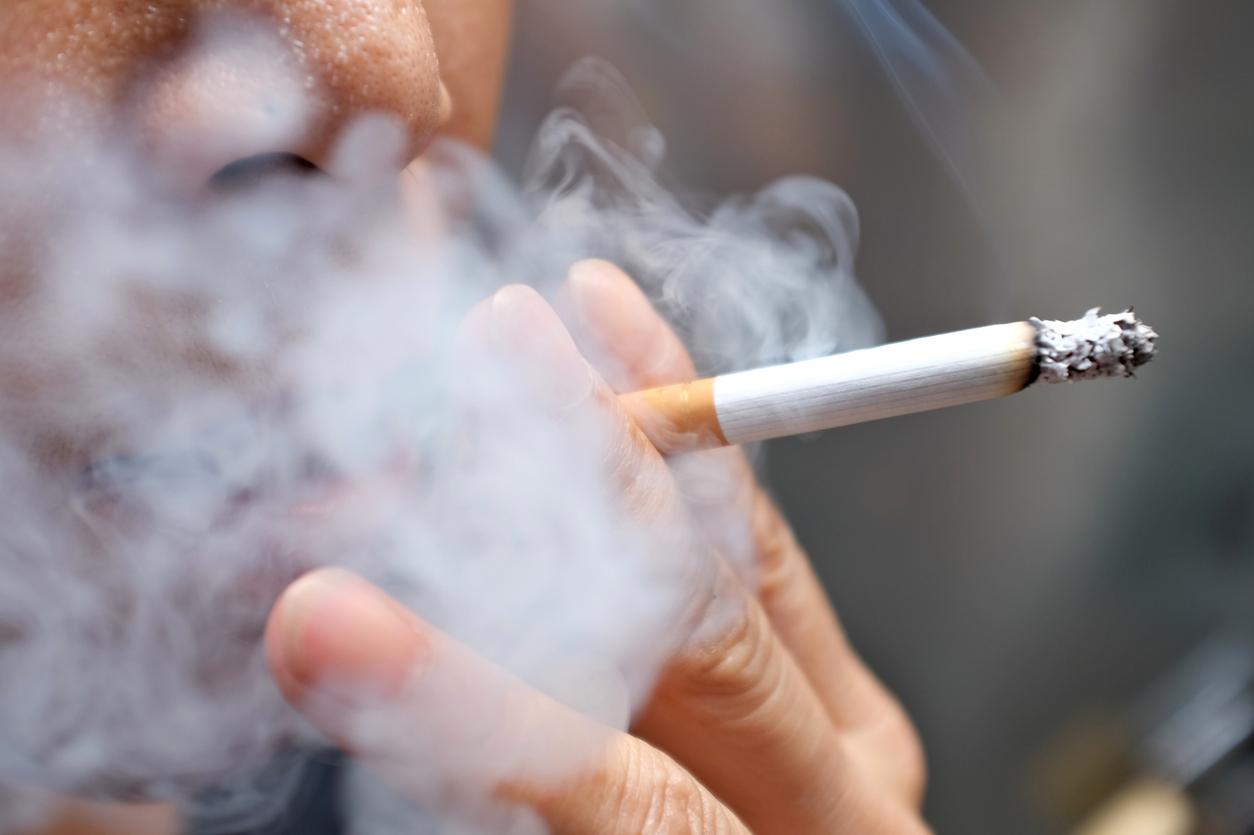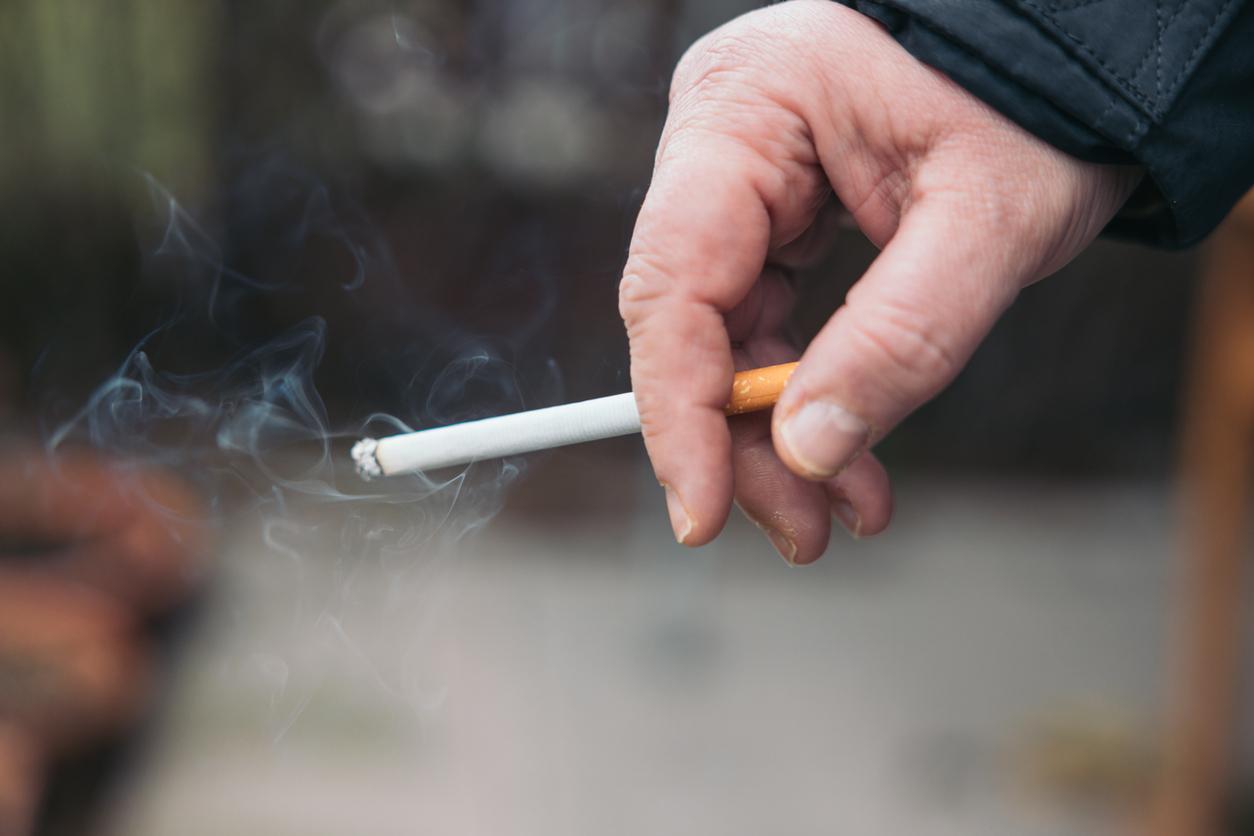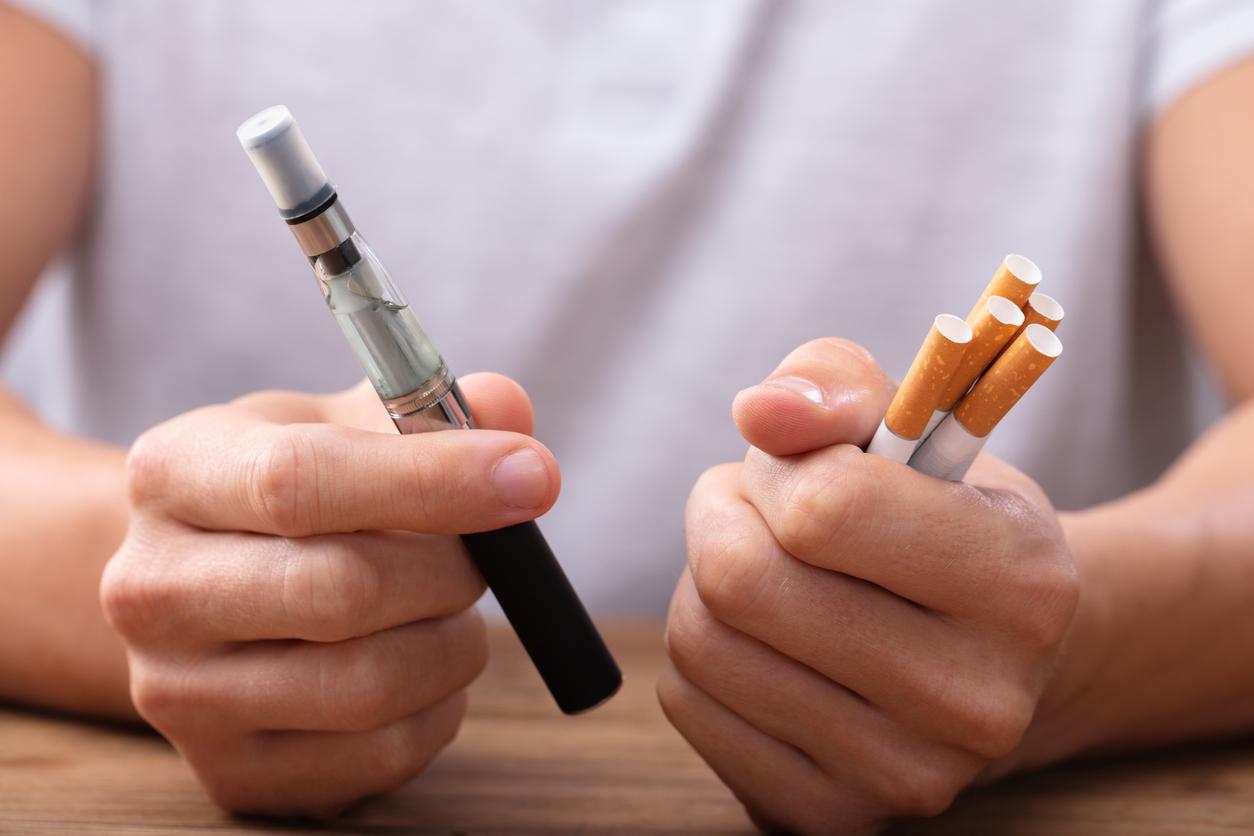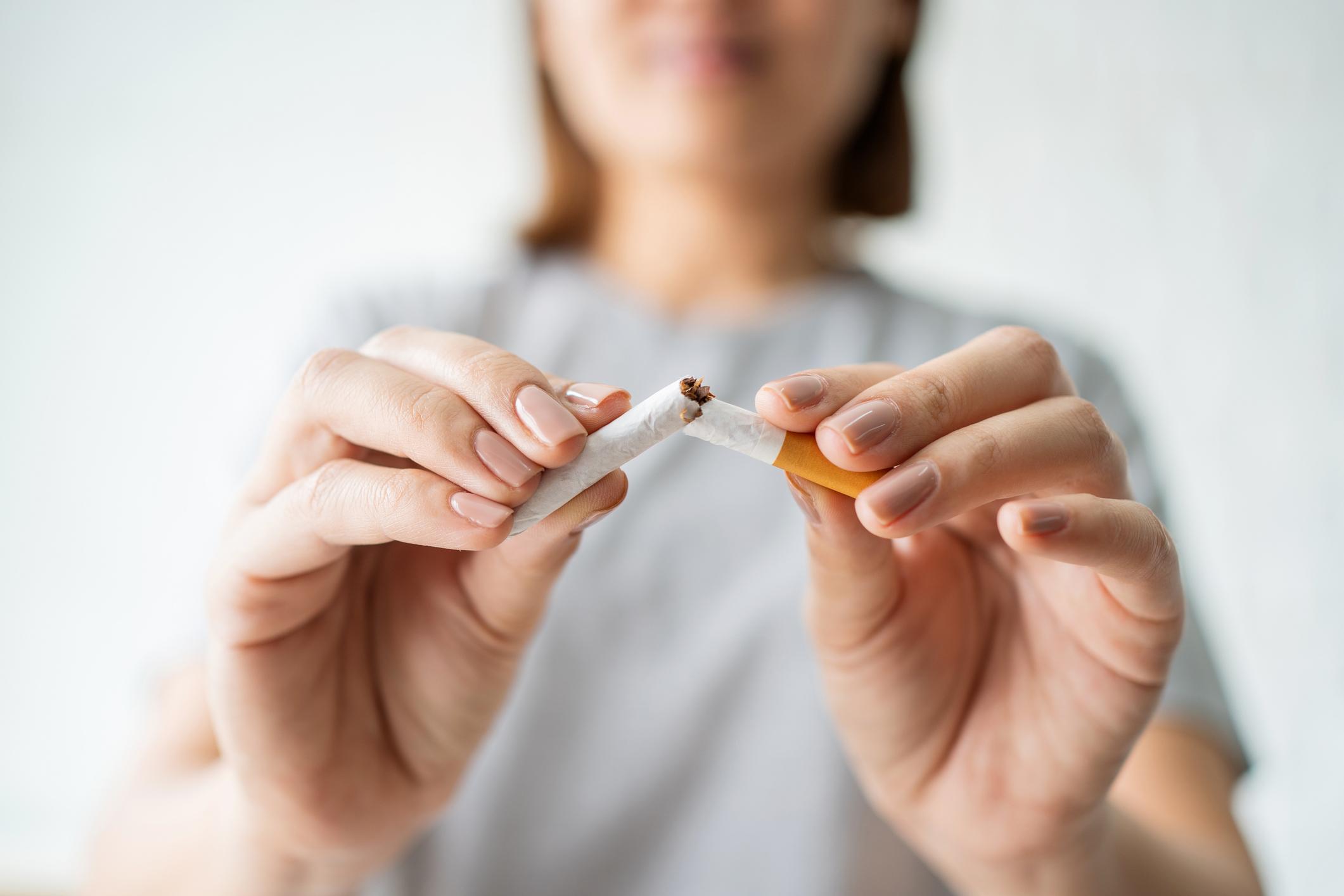Smoking would have a direct impact on ghrelin, the hormone that stimulates appetite, according to a small study that would explain the weight gain associated with withdrawal.

Smoking to lose weight? Very bad idea. Do not trade the pounds for lung cancer … Science must however be honest and report the action of molecules, even if they are very toxic and addictive.
After this preamble, we can provide the results of a small study presented this Monday at the International Congress of the European Respiratory Society (ERS). The work, carried out on 14 men, shows that smoking would reduce caloric intake. A known theory, whose authors explain how it works. According to them, this would indeed have for origin a modulation of the levels of ghrelin, a digestive hormone which stimulates the appetite, known under the name of “hormone of the hunger”.
152 fewer calories
To arrive at this observation, the authors started from an observation. Smoking cessation is associated with weight changes. People who successfully quit smoking tend to gain weight, while smokers are less likely to develop obesity compared to non-smokers. An argument that can encourage tobacco consumption, especially among teenage girls. In addition, weight gain is a major factor of failure in people who are trying to wean themselves.
The aim of the study was to examine the effect of smoking and withdrawal on food intake, subjective feelings and hormones related to appetite. The subjects participated in two trials conducted after a night without tobacco or food.
In the first, “C-cig”, participants were asked to smoke cigarettes of their usual brand; in the second, “S-sham” (control test), they had to hold their cigarette without lighting it and shoot it as if they were actually consuming it. Each test lasted 15 minutes; 45 minutes after their completion, a variety of snacks were offered to the subjects, who could choose and eat as they liked.
Food intake, appetite (hunger, fullness and desire to eat), and craving to smoke were measured. In addition, the researchers collected blood samples and measured the levels of several hormones, including obestatin, ghrelin, GLP-1, CCK and insulin.
According to the authors, smoking has a direct effect on food intake: smoking is associated with a reduction of 152 calories, which is significant. On the other hand, they did not find any impact on taste preferences (sweet or savory). In addition, they observed that the concentrations of ghrelin took a longer time to decrease after the S-sham test, which would explain a higher food consumption in this group. No effect on other hormones was noted.
“This small study shows that smoking has a direct effect on calorie intake, which could be explained by alterations in ghrelin levels,” conclude the authors, who call for larger studies to confirm these preliminary results.
.
















